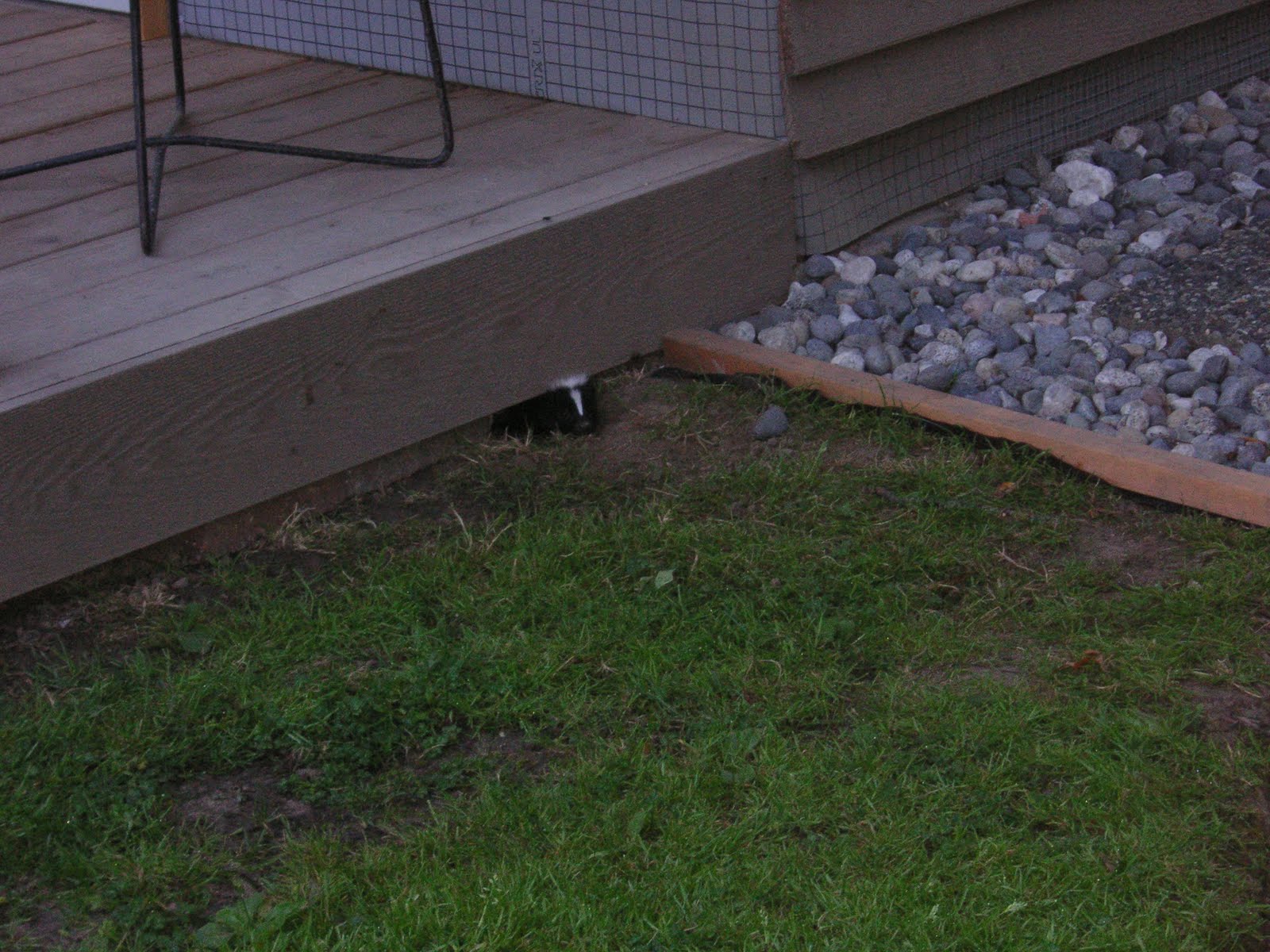Skunks are relatively common neighborhood foragers. They are nocturnal animals that will come out of their nests at dusk to search for food, water, and other shelter sites through the night. While you are unlikely to see a skunk because of its shy nature, skunk removal is likely necessary when sightings occur.
Frequent sightings of the animal around your property suggest it is nesting nearby. While the animal can seem passive, you should never attempt a DIY removal. According to wildlife experts, DIY skunk removals are a terrible idea for at least four reasons.
1. Spray
A skunk’s primary defense mechanism is its spray. The noxious liquid excretes from its scent glands, and the spray can reach a distance of 3.5 meters. It can spray in succession up to six times.
The odor is unpleasant and permeates nearly every surface, and it is challenging to remove without appropriate cleaners. Also, the defensive spray can damage your pet’s eyes and possibly cause illness if ingested.
If you leave the animal alone and are watchful of your pets, skunks only spray as a last resort. The animal will raise its tail, stomp its feet, hiss, and charge when threatened before spraying.
2. Diseases
For as cute and cuddly as the animal looks, a skunk can carry and transmit several dangerous diseases and illnesses to people and pets. The most significant risk is rabies.
While most animals will show rapid signs of a rabies infection, skunks do not. The animal can carry the disease for long periods showing no symptoms. Regardless of the appearance of symptoms, if a skunk has rabies, it can transmit the disease.
Rabies is not the only possible disease the animal may carry. The animal may also have:
- Distemper
- Intestinal roundworm
- Leptospirosis
- Canine hepatitis
Besides illnesses, a skunk can also pass along pests. The most common pests include:
- Mites
- Fleas
- Ticks
3. Attacks
From its stumpy legs to its tiny eyes, nothing screams “vicious attacker” when you look at a little skunk. However, spraying is not its only line of defense. Like most wild animals, a skunk can become aggressive when it feels threatened.
While it is rare for a skunk to attack, it can happen. Wildlife experts suggest you back away slowly from an aggressive skunk and call in professionals immediately.
Because of the potential for aggression, all wildlife experts stress the need for professional animal removal. DIY methods put your life and health at risk. Also, incorrectly handling or manipulating a wild animal can harm it. Many amateur and recreational removals end with the unnecessary injury or death of the animal.
4. Ineffective
DIY removals are not only dangerous to the animal and the human, but they are also ineffective. Skunks are tenacious and will continue to find new ways onto your property, even if you block or barricade old entry points.
Think of it from the animal’s perspective. If you spent time cultivating and building a home, would you let someone come in and take it away?
Wildlife control in Madison has the experience and equipment to evict skunks and ensure they stay clear of your property. The best part is that the right companies use humane techniques to ensure the safety and health of the animal.
Most people want to remove skunks from their property safely and humanely. Homeowners understand that the animal does not mean any harm; it is only trying to live. Most people also understand that skunks are a necessary part of the Canadian ecosystem.
If you are looking for skunk removal near me because of a nest or recent sightings, contact professional and humane wildlife services. Call Skedaddle Humane Wildlife Control and schedule a property assessment and removal estimate.




